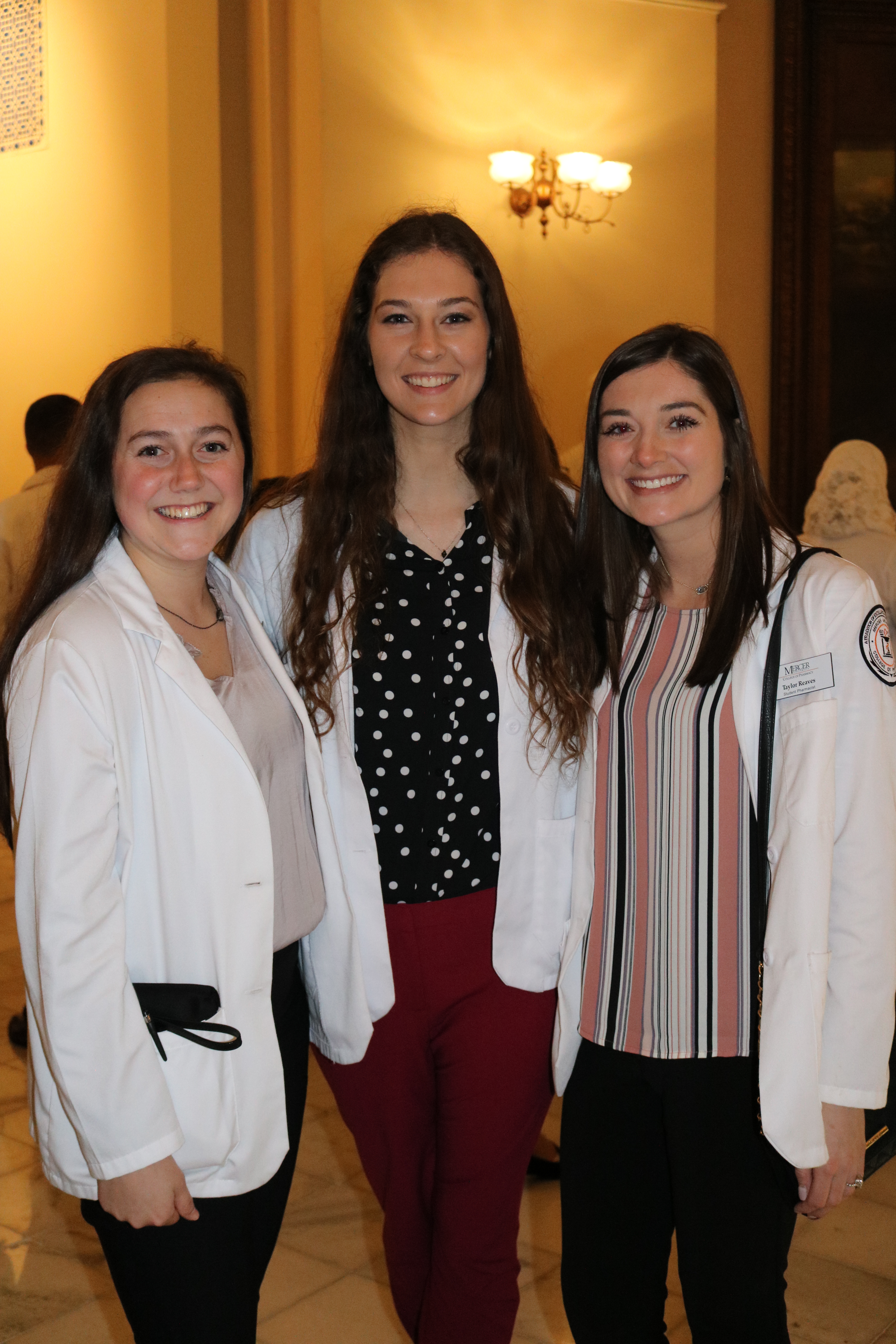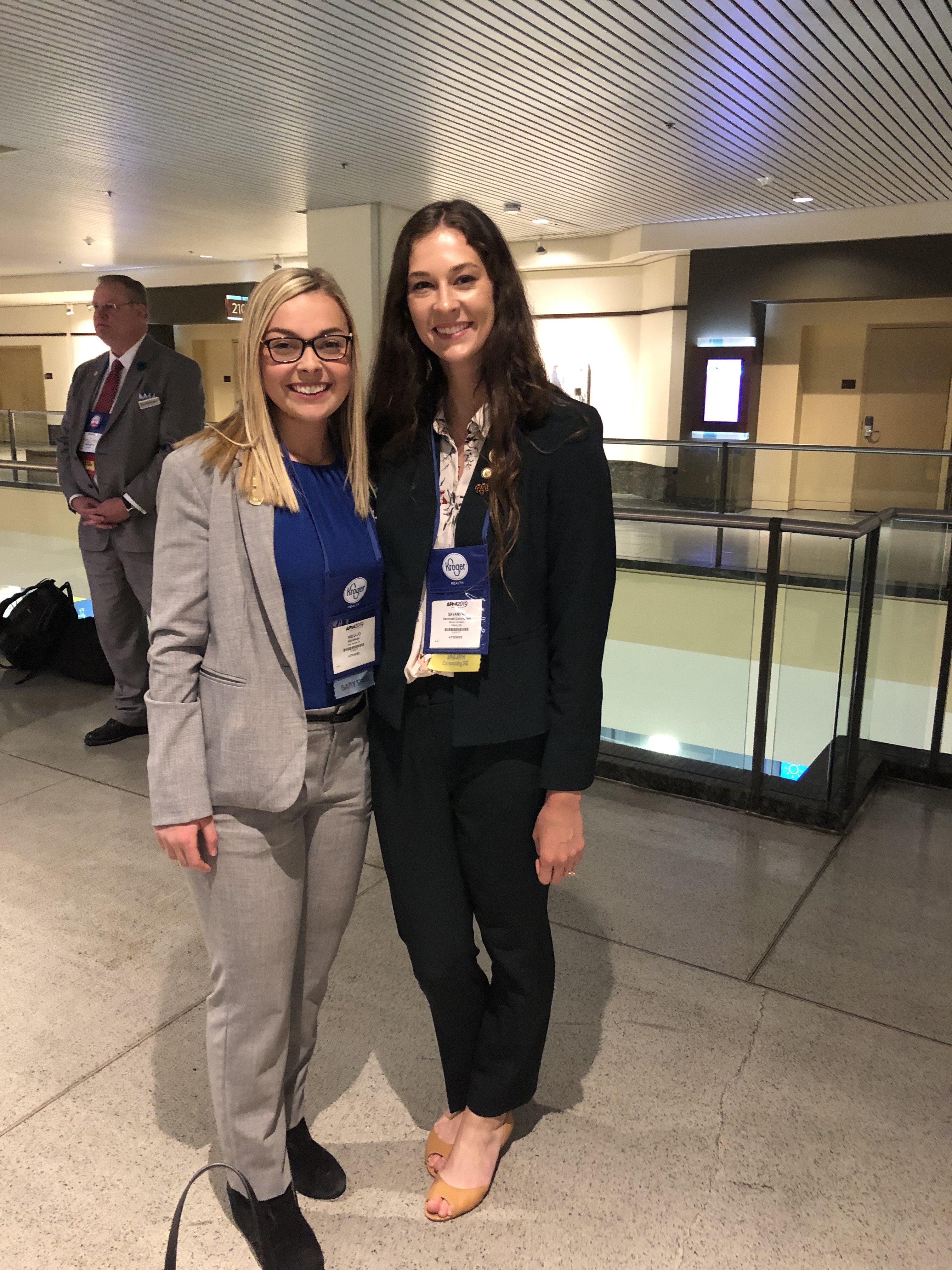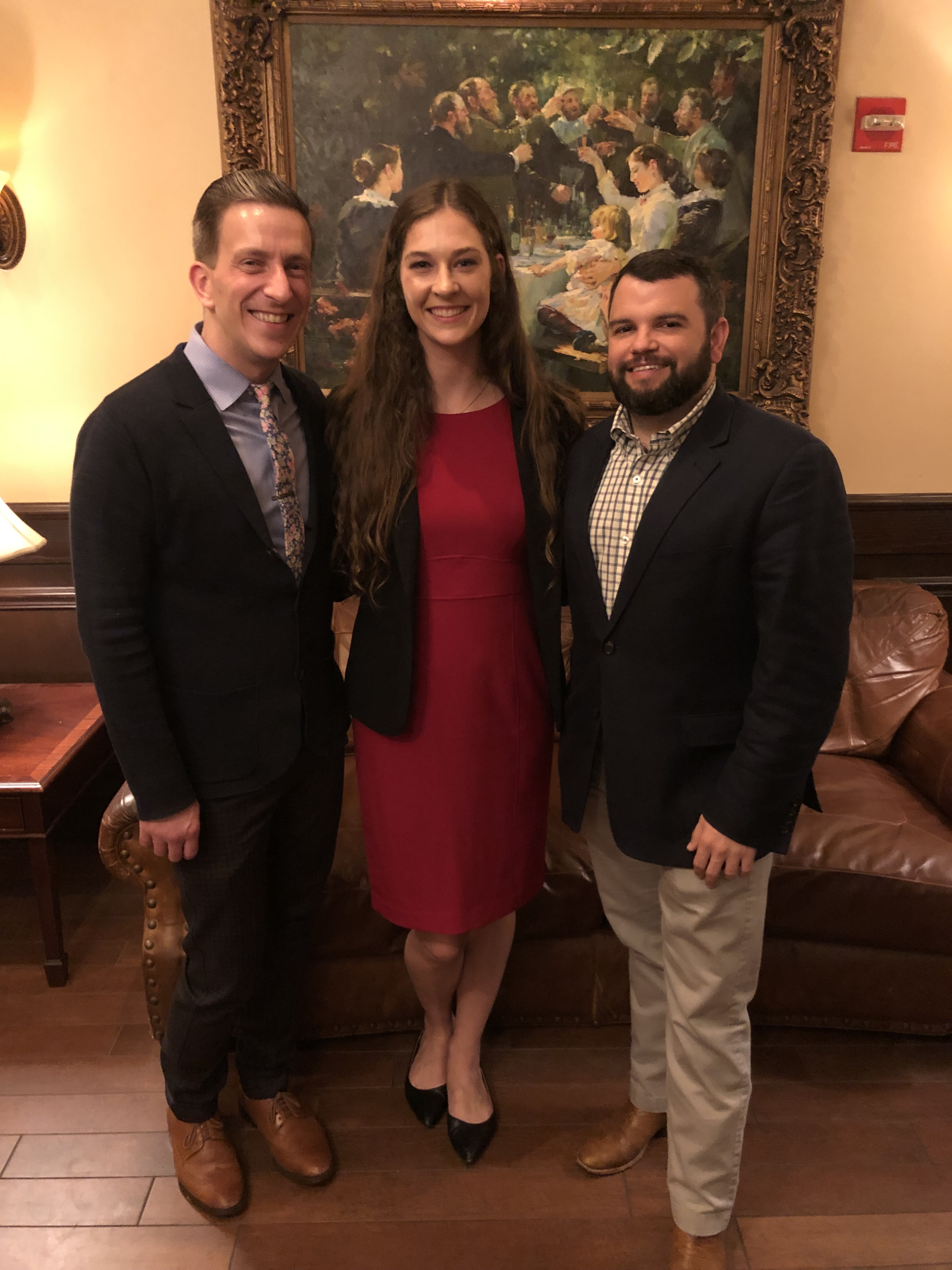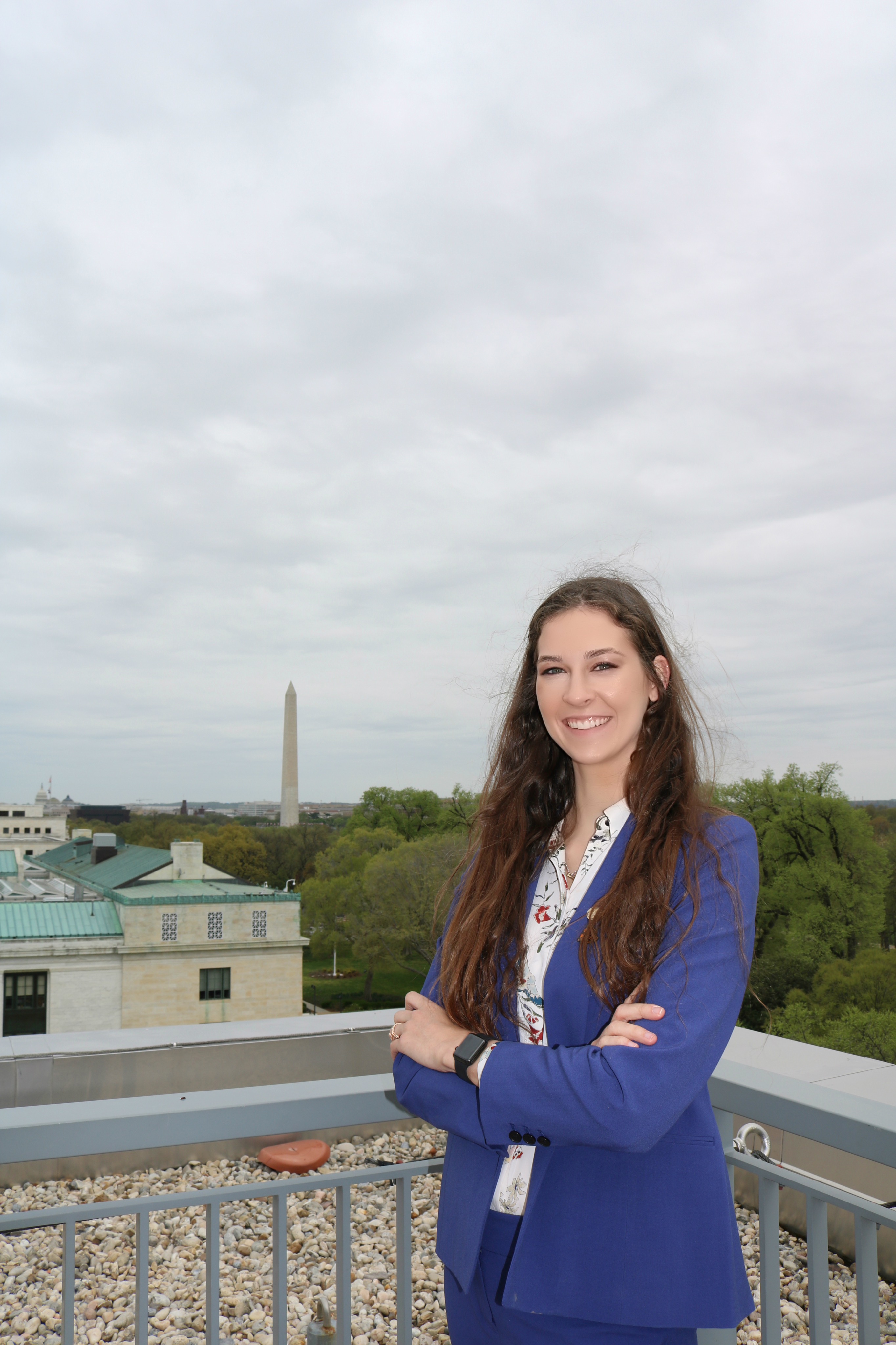5/5/19
As my first year of pharmacy school comes to a close, I am blown away reflecting on all the opportunities I was able to take advantage of and every piece of information I was able to learn. I am 25% of a Pharm.D., and I can’t wait to use my degree to help patients who most desperately need it. So, for all those who will come after me in the 4 year journey that is pharmacy school, I have compiled a list of the top 10 tips I can give to a first year student pharmacist.
1. Get involved. This is the number one piece of advice I can give. Think about what you’re passionate about and do your best to find a way to become a part of it. For me this meant joining professional organizations such as NCPA, APhA-ASP, GPhA, and KE. These organizations represent the areas of pharmacy that I am interested in and I have found so many connections within them all.
2. Make lasting relationships. You’re in school for 4 years with these people, make some friends who you can count on and encourage through that time. I have found some of the most important people in my life throughout this first year of pharmacy school, and I look forward to continuing to strengthen our bonds throughout the years to come.

3. Seek leadership opportunities. I have gone out of my comfort zone and run for elected position at the chapter and regional level. Because of this, I have taken on more leadership roles than ever before, and it has been such a blessing. I have been able to connect with so many amazing people in the pharmacy world, and hope to continue contributing in a meaningful way.

4. Go on conferences. I have flown from Seattle to Boston, Houston to Washington D.C., and every moment has been invaluable to me. The experiences gained at a professional conference are unrivaled by any time in a classroom, because it is time spent networking with valuable players in the pharmacy industry.
5. Make time for hobbies. Studying 100% of everyday is never the healthiest way to get through the 4 years of pharmacy school. Make time for yourself and the things you are interested in. For me, this is cooking fun meals and learning photography, which I have spent considerable time enjoying this year.
6. Make connections with professors. At the beginning of the Fall semester, I made appointments with several of my professors who I knew had a background in community pharmacy and would be willing to offer some advice on how I could most effectively use the next 4 years of school. They have quickly become some of my most trusted mentors, written me recommendation letters, and I am now doing research projects with both of them. Thank you to Dr. Kinsey and Dr. Hamrick for serving in this role for me.

7. Get organized. This could be in the form of a paper planner, written to do lists, an online Google calendar, or whatever form of scheduling you prefer. This is essential to keep track of all the little deadlines and make sure you’re devoting enough time to each test or commitment. You can easily fall behind or miss things if you don’t have a centralized and efficient system.
8. Find your optimal study habits. For me, this is making quizlets for classes that require straight memorization (think drug cards and laws), and handwriting notes from class in a concise manner. I also like to study individually until I feel confident and then study in a group to clarify anything I may have missed or been unclear on, and to quiz each other on important sections of material.
9. Take advantage of academic resources. Mercer records all lectures so that you can go back and listen to the teacher on specific sections of class you were confused about. We also have an opportunity to review exams after we take them, meaning you can see the questions you missed and talk to the teacher if you’re still unclear on the concept. Rho Chi (an honors society for the top 20% of the class beginning in P2 year) also offers free group tutoring sessions before tests and one on one tutoring for a reasonable price. If you’re struggling academically, take full advantage of these!
10. Put forth your most professional self. This includes what you wear, what you say, and how you say it. This is one of the biggest contributing factors to whether someone is willing to hire you, vouch for you, or go the extra mile to connect you with an influential person in your field. I wrote a blog post about how to create a professional social media presence, because that is a huge part of this. (Click here to view it.)





